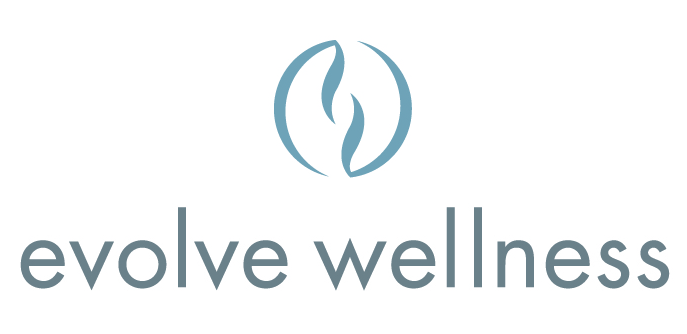Healing from a Concussion
Rapid motion of the brain in the skull can bruise brain tissue, damage axons (part of the nerve cell), and tear blood vessels. This results in a cascade of inflammation and possible neuronal and glial cell death (apoptosis). This type of damage is often difficult to detect with brain scans.
It is imperative to seek medical advice/treatment immediately if one suffers a concussion. Concussions (traumatic brain injuries) can occur even if one does not lose consciousness. Falls, sports injuries and car accidents (whiplash trauma) are common causes of TBI (traumatic brain injuries).
The following dietary interventions can help mitigate these physiologic effects.
ANTI-INFLAMMATORY DIET
A nutrient dense and anti-inflammatory diet will help decrease inflammation and provide the body with the essential compounds for healing and repair.
PROBIOTICS
Recent research indicates that TBI causes pathological changes in the gut-brain axis that may contribute to the long-term adverse health outcomes associated with brain injury. In one study of mice, there was evidence of increased colonic permeability, mucosal cell hyperplasia, and enhanced enteric glial cell activation 28 days post-trauma.
OMEGA-3 FATTY ACID SUPPLEMENTATION
Omega-3 fatty acids inhibit neuronal apoptosis and are neuroprotective.
VITAMIN D
Vitamin D deficiency can exacerbate the neuroinflammatory response and neuronal apoptosis. If you have low serum vitamin D levels (current optimal functional medicine range is 40-60 ng/mL), supplement the amount recommended by your provider.
MAGNESIUM
Magnesium can also help mitigate inflammation and is neuroprotective.
Recovery times from a concussion vary. It is important to be seen and monitored by a medical provider to ensure the best recovery.
